How to Become a Welder in 2024
Welders are a vital part of many industries and provide specialized services with competitive salaries. In fact, according to Zippa, there are over 418,659 welders employed in the United States. These professionals have the advantage of starting their careers quickly with rapid training and high demand. Let's look at how you can become a welder in 2024.
Research Welder Education Requirements
First, you'll want to explore welder education requirements in your area. For trades such as welding, it's not often required that you have a bachelor's degree. Most welders who start their trade education have only completed a high school diploma or GED. This makes welding an easily accessible career for everyone.
You'll also want to find a valid welding program nearby. These programs will be accredited and will usually be associated with a reliable source. Our programs are associated with the Boilermakers National Apprenticeship Program and the Boilermakers MOST programs, so you can rest assured you're receiving high-quality training.
Develop Specific Welder Skills
Once you start your welding training, you'll want to develop specific welding skills. When welders enter the job market, they often use their skills to help them stand out from other candidates. Welding skills to consider would be arc welding, aluminum welding, hand tools skills, TIG welding, stainless steel welding, and more.
Complete a Local Union Apprenticeship
Apprenticeships through local unions are one of the best ways to get the hands-on training you need. Most welders will spend six to 12 months on post-employment on-the-job training. During this time, you will learn all the skills and techniques you need for a full-time job in the welding industry.
Gain Welding Certifications
Welders who take their career seriously go on to gain further certifications as well. Certifications are often more valuable than degrees when it comes to real work experience. Many companies want to see that you know hands on how to do certain types of work and certifications prove that. Certifications you might want to consider include Certified Welder, Welder Engineer, Welding Fabricator, Welding Inspector, Maintenance Technician, or Operator Certification just to name a few.
These are a few of the steps required to begin a career in welding. If you're interested in learning more about a
local union apprenticeship, please contact Boilermakers Local 107 today.
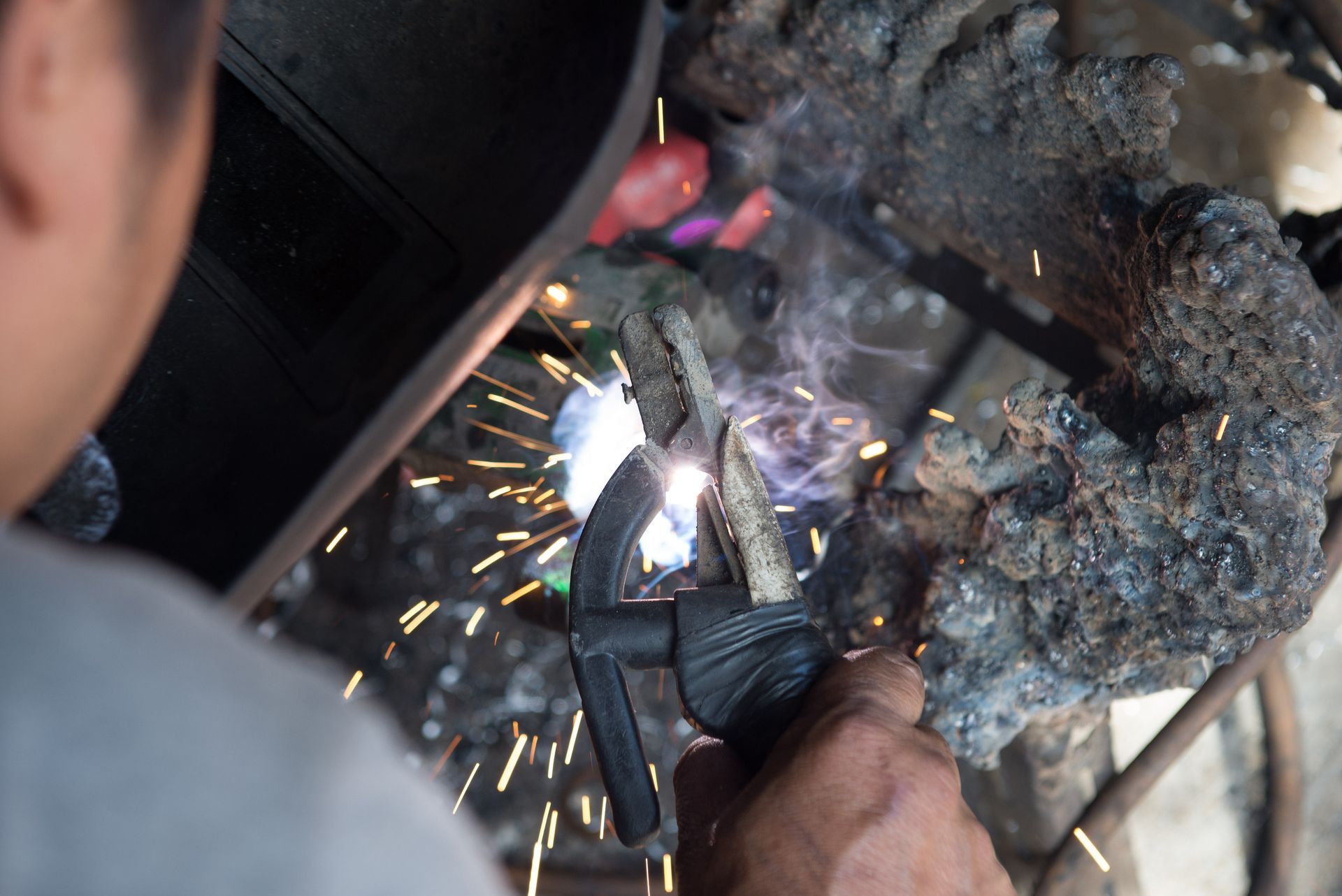
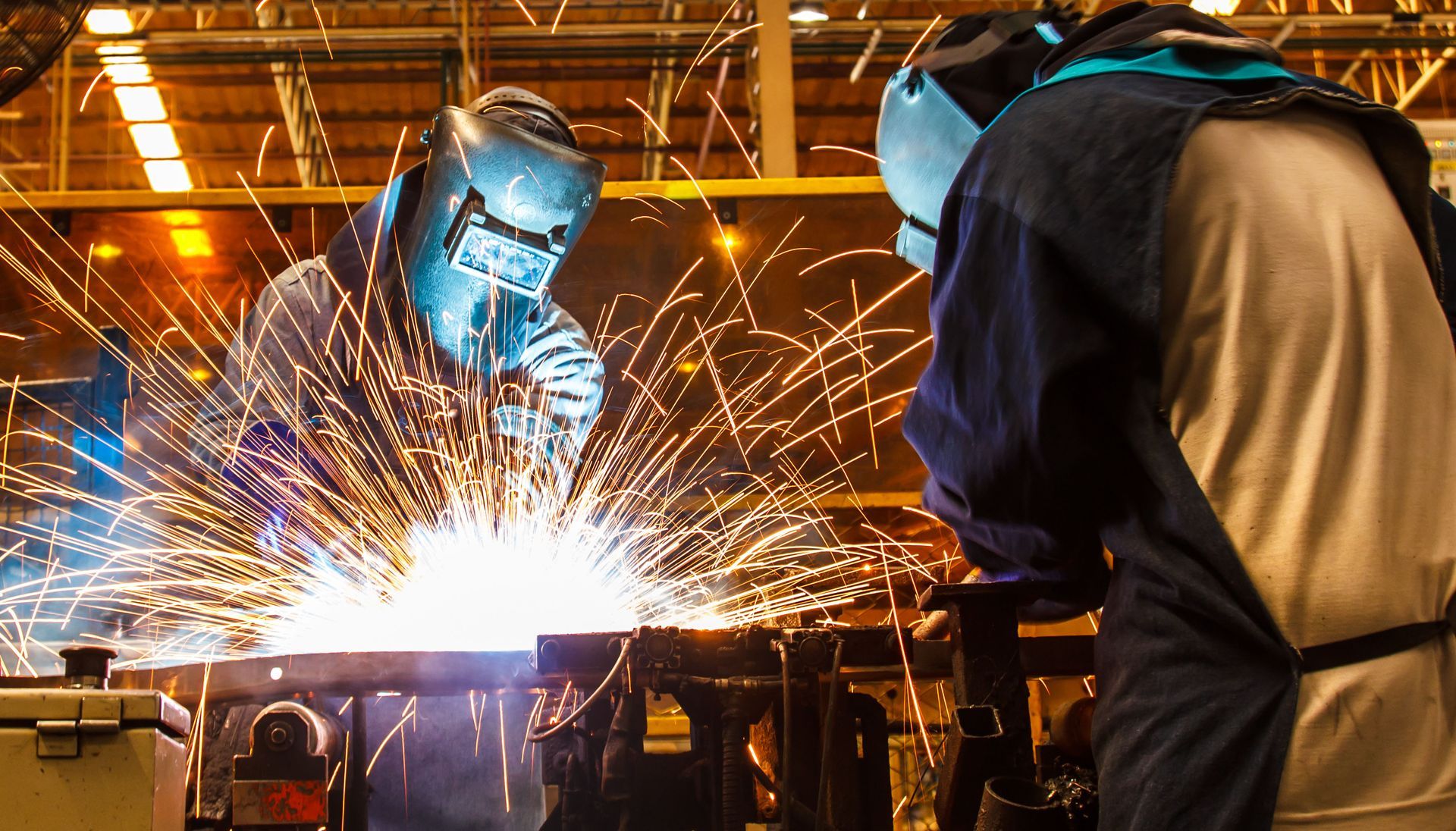
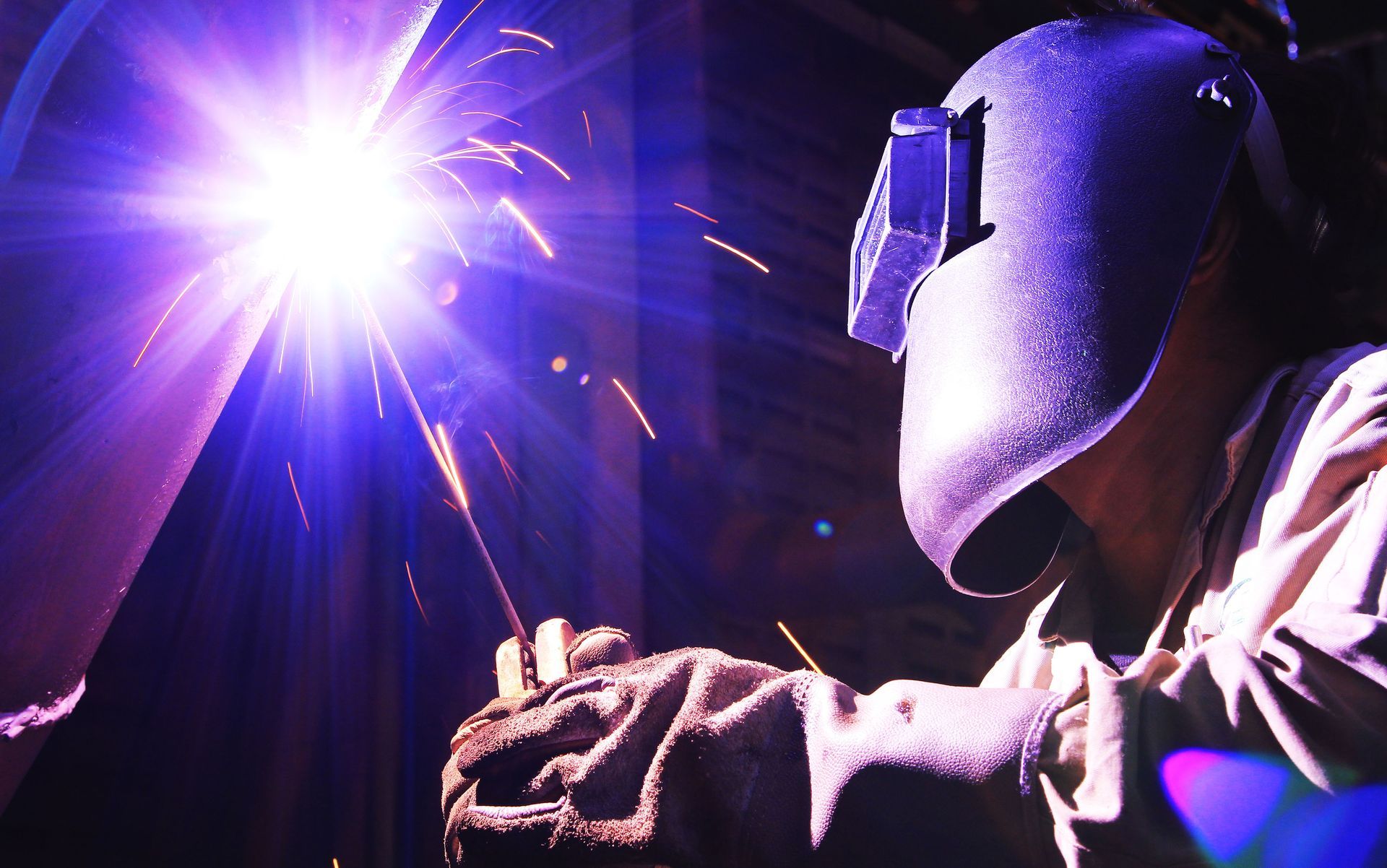
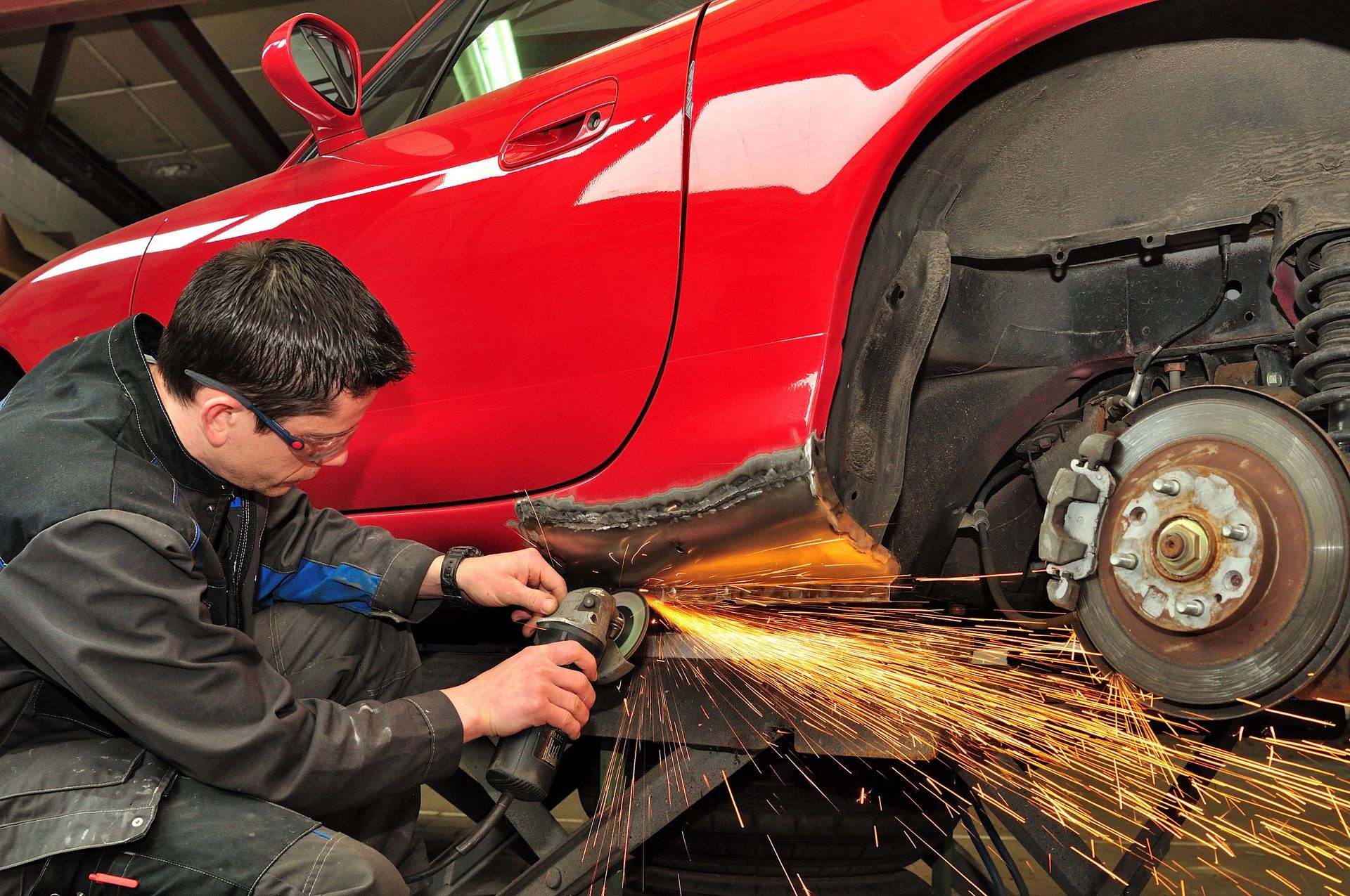
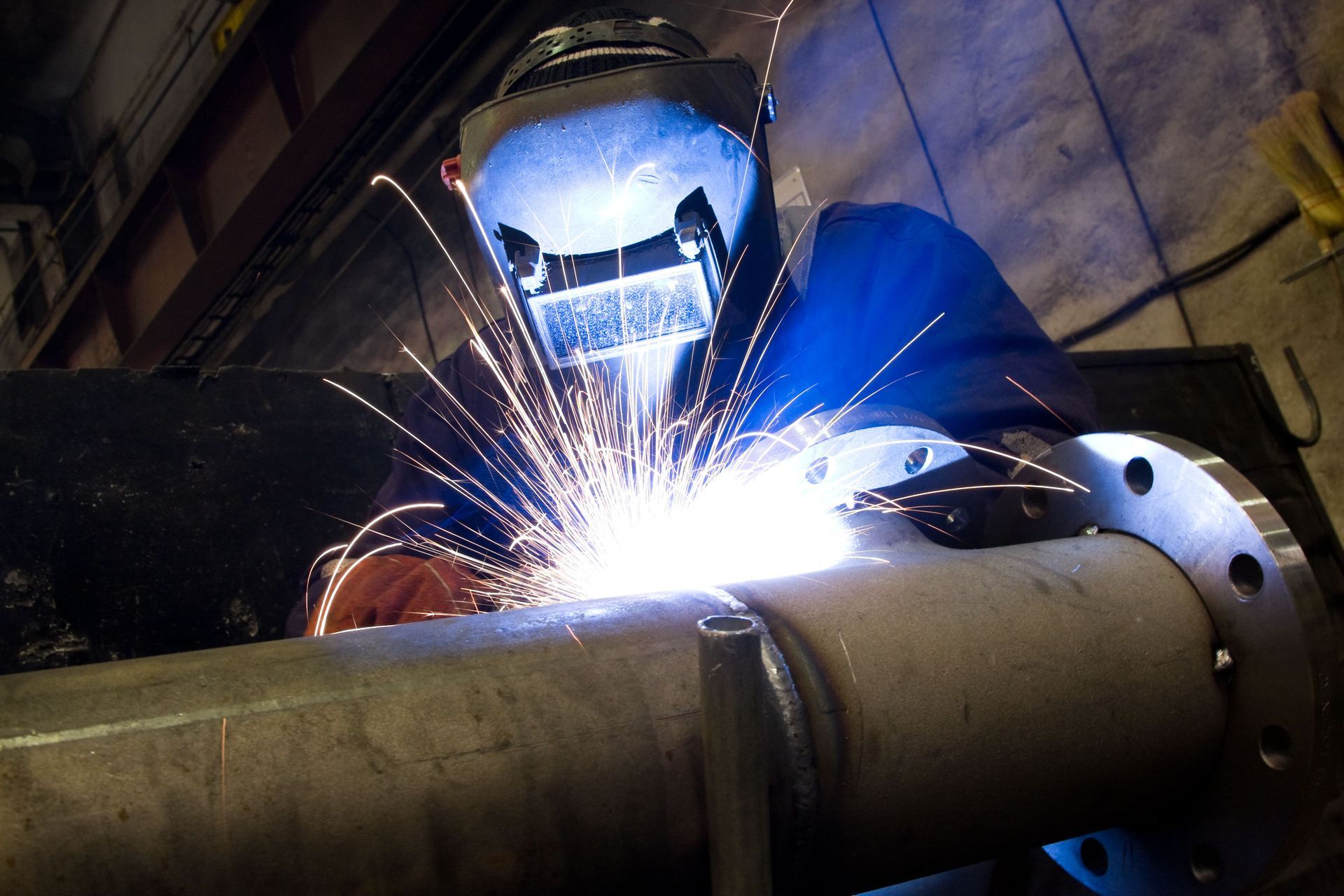
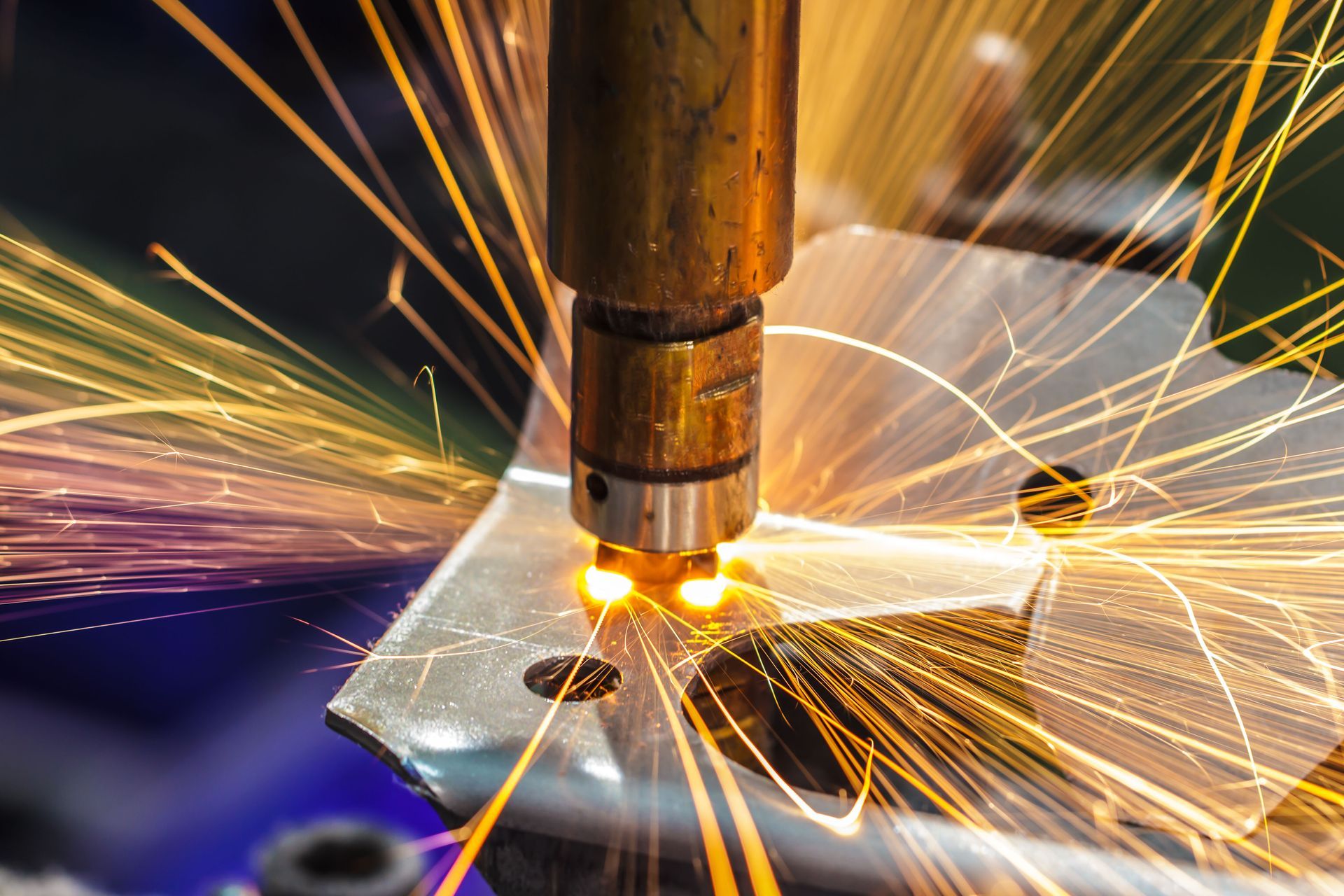
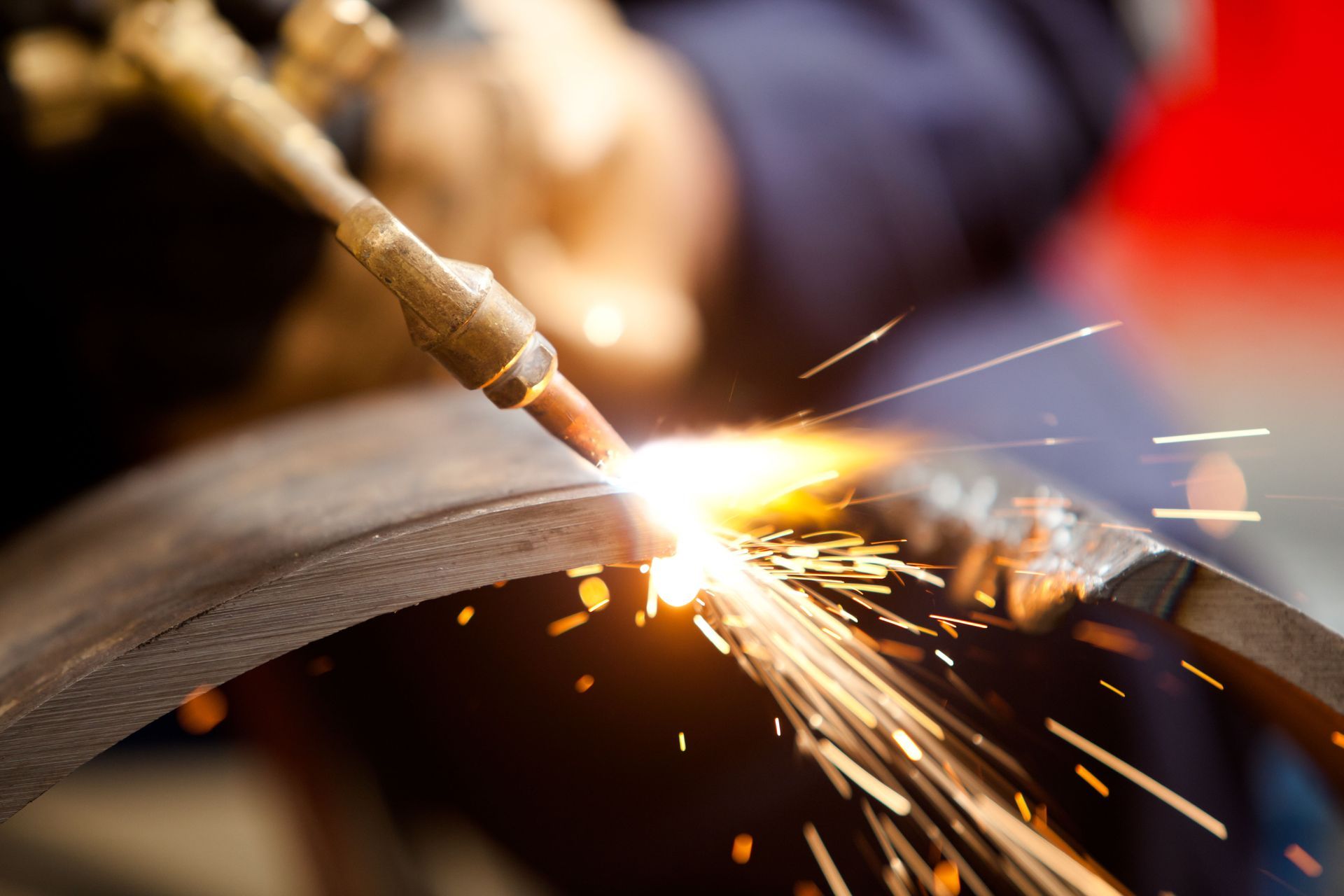
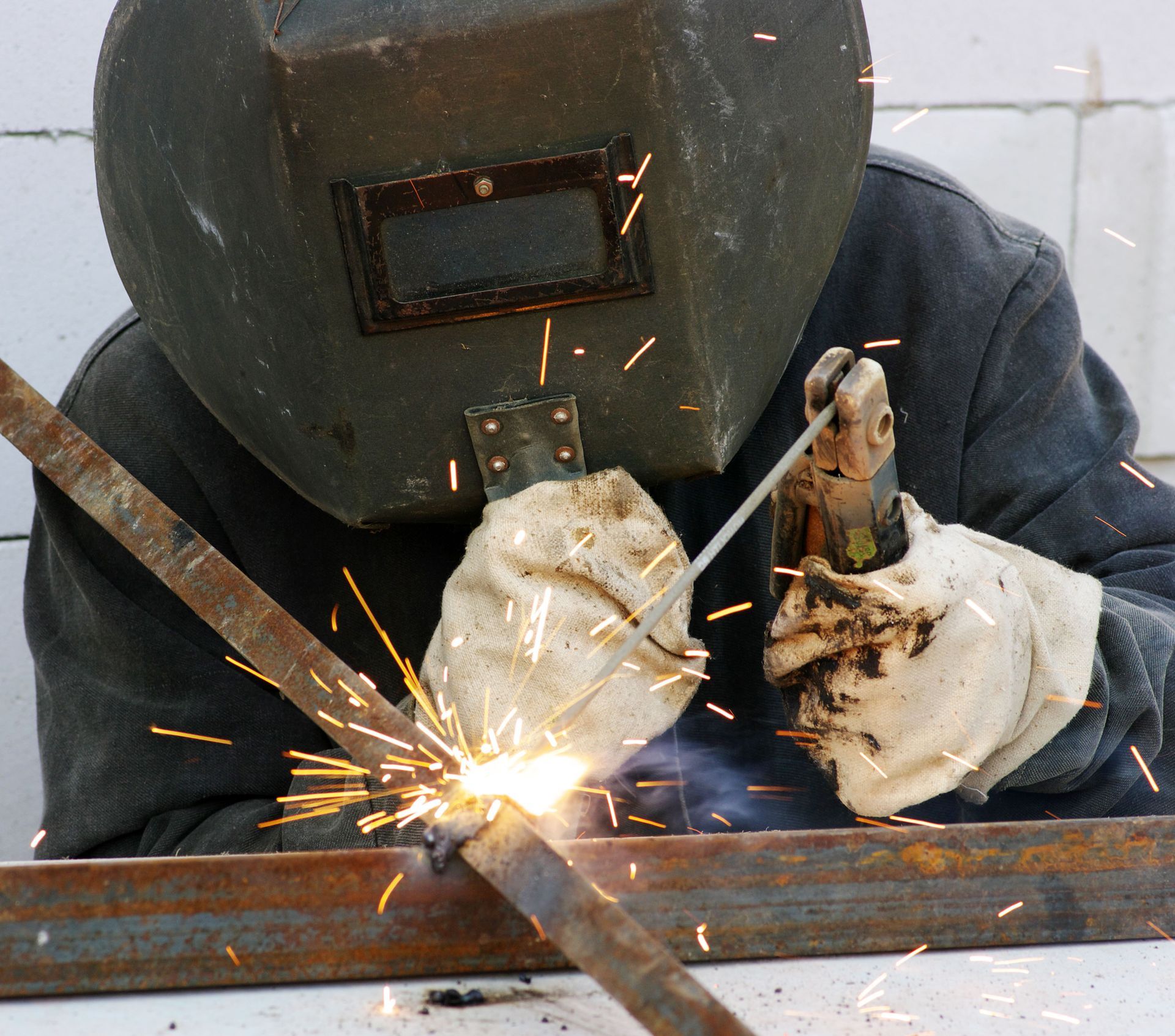
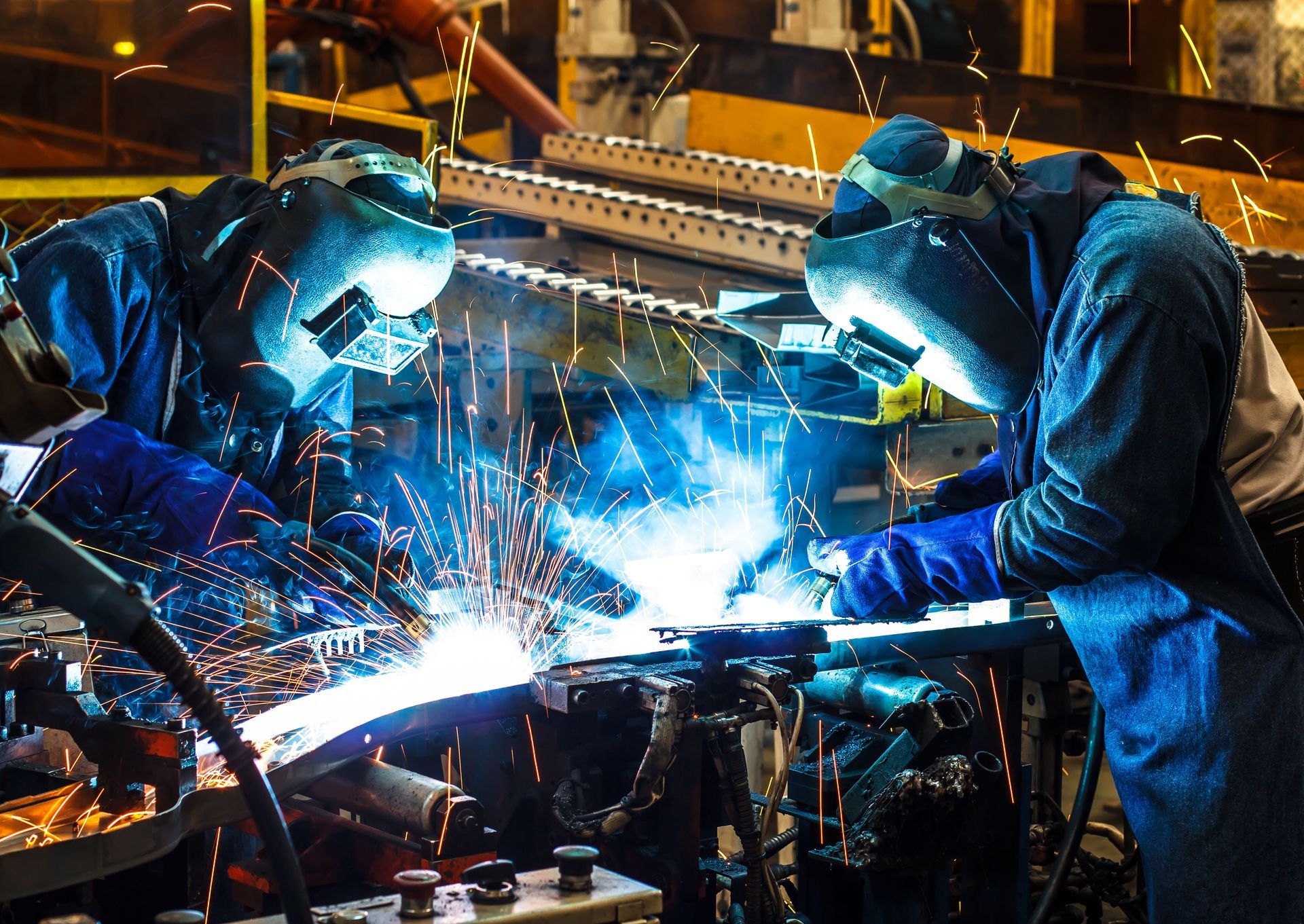

Share On: